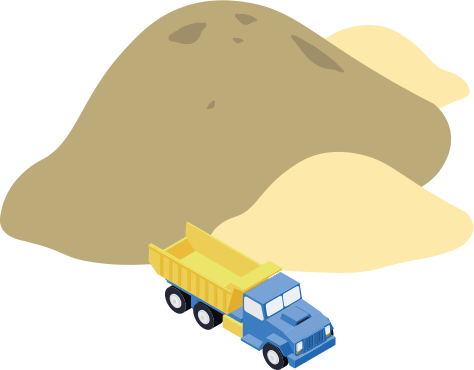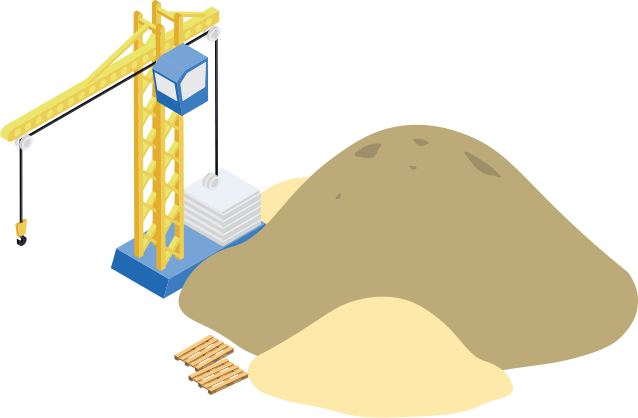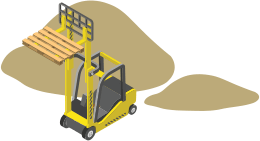If you are in a metropolitan area consisting of one large city, or a bunch of small cities, selling a product or service for which people will not travel far, and with lots of competition – you have a tough situation.
Tampa Bay has a population of 3 million people. The city of Tampa itself only has about 300,000. Many smaller cities may have only 10 or 20,000. So people by default put “Tampa:” or “Tampa Bay” into their searches. The same might apply on a search for most anything in Chicago.
What is Google to make of such a search? It knows that someone probably isn’t going to travel very far for a dentist. So if you search for “dentist Tampa” or “Dentist Chicago” it is going to give preference to dentists located near downtown Tampa or downtown Chicago.
That makes it very difficult for a dentist in, say, Clearwater, to compete on organic search.
The solution is to find all the smaller location identifiers. These can be a zip code, area code, name of a smaller town or neighborhood, even a street name.
The reason is that many people if they see no one nearby showing up in the search results, will hit the back button and narrow their search term.
Make sure you dominate for every one of these.
Don’t neglect the major area identifier. Do all you can to rank for that. But make sure you dominate on the narrower location terms. Then also use click ads if economically feasible for the wider area.
That’s what works right now. The fact is that when Google changes their algorithm, it can change people’s search habits. People are learning to get more specific on their search locations in certain situations, but that is very much in the works – and some will never learn.
About six months ago, Google made major changes in how it deals with local search situations. People are still in process of changing their search habits as a result.
Local Search: Part 2
Local Search: Part 2








